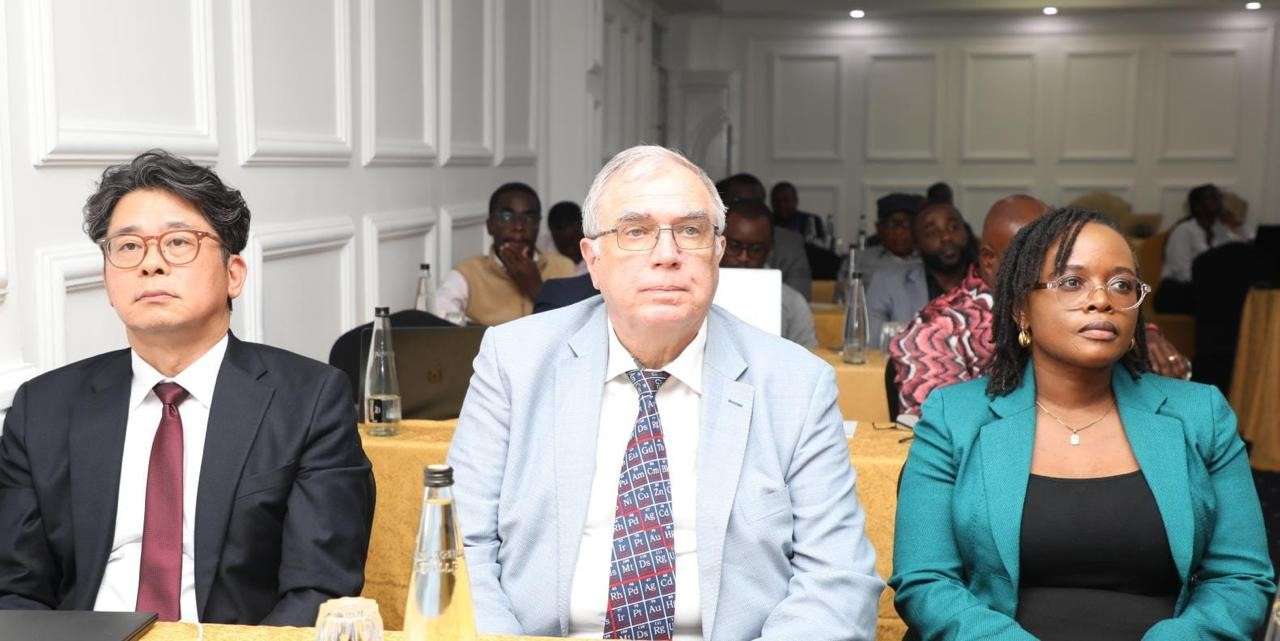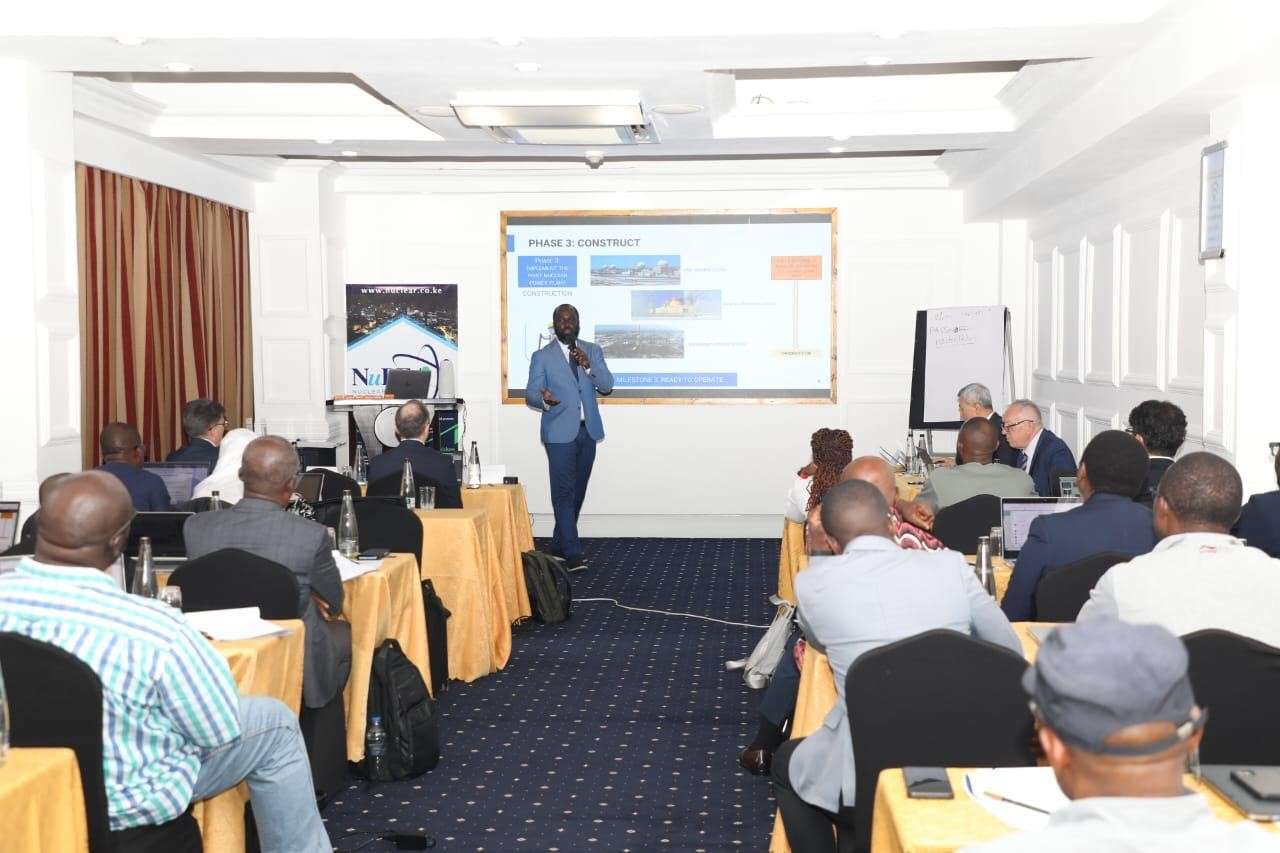
With global electricity demand expected to double by 2050, the need for clean, flexible, and secure energy solutions has never been more urgent. Small Modular Reactors (SMRs)—a new generation of nuclear technology—are emerging as a viable answer. In a significant step toward Africa’s energy transformation, Nairobi, Kenya, is hosting the first-ever Small Modular Reactor (SMR) School for Sub-Saharan Africa.
The event, running from 5–9 May 2025, brings together experts, policymakers, and future leaders from across the continent including: Kenya, Uganda, Ghana, Zambia, Niger and Nigeria, to build technical and institutional capacity for the safe, strategic deployment of SMRs.
Opening Ceremony

Organized by the International Atomic Energy Agency (IAEA) in collaboration with Kenya’s Nuclear Power and Energy Agency (NuPEA) as the hosting institution, the SMR School was officially opened by Mr. Mikhail Chudakov, Deputy Director General for Nuclear Energy at the IAEA. In his remarks, he emphasized the transformative role of SMRs in meeting energy and climate goals while enabling countries to scale their nuclear capacity responsibly.
“Small Modular Reactors represent a vital option for countries aiming to diversify their energy mix, meet climate goals, and stimulate socio-economic development through safe and innovative nuclear technology,” said Mr. Chudakov.
Ms. Serah Esendi, Director of Legal & Regulatory & Corporate Services, representing the CEO of NuPEA, welcomed participants and reaffirmed Kenya’s commitment to fostering collaboration and knowledge exchange across the continent.
“We are honored to host this milestone event – a first not only for Kenya but for Sub-Saharan Africa. It reflects our collective commitment to equipping African professionals with the knowledge, skills, and networks required to responsibly develop and deploy emerging nuclear technologies,” she stated.
Preparing Africa for SMR Deployment
The SMR School curriculum delivers practical, high-impact training to prepare African nations for the adoption of Small Modular Reactors. It begins with a focus on core infrastructure needs—how SMRs connect to existing electrical grids, the development of a skilled local workforce, and the importance of inclusive stakeholder engagement to build public confidence.

Participants then explore critical technical aspects of SMRs, including design features, safety systems, fuel management, and strategies for handling radioactive waste. The programme also addresses the legal and regulatory frameworks that guide nuclear energy use, covering licensing processes, transport safety, nuclear security, and international compliance.
Safety remains central throughout. Sessions on emergency preparedness and operational safeguards reflect the IAEA’s strict safety standards. The learning experience culminates in expert discussions and hands-on training sessions. The curriculum empowers African professionals with the knowledge, skills, and confidence needed to plan for and implement SMR technology responsibly, paving the way for a cleaner, smarter energy future.
Why It Matters
The SMR School is more than a training event—it is a strategic investment in Africa’s nuclear future. It provides a platform for collaboration, technical exchange, and long-term visioning, aligning with the continent’s development goals and global climate commitments. With SMRs offering modularity, enhanced safety, and cost-efficiency, they are uniquely suited to meet the energy needs of emerging economies.
